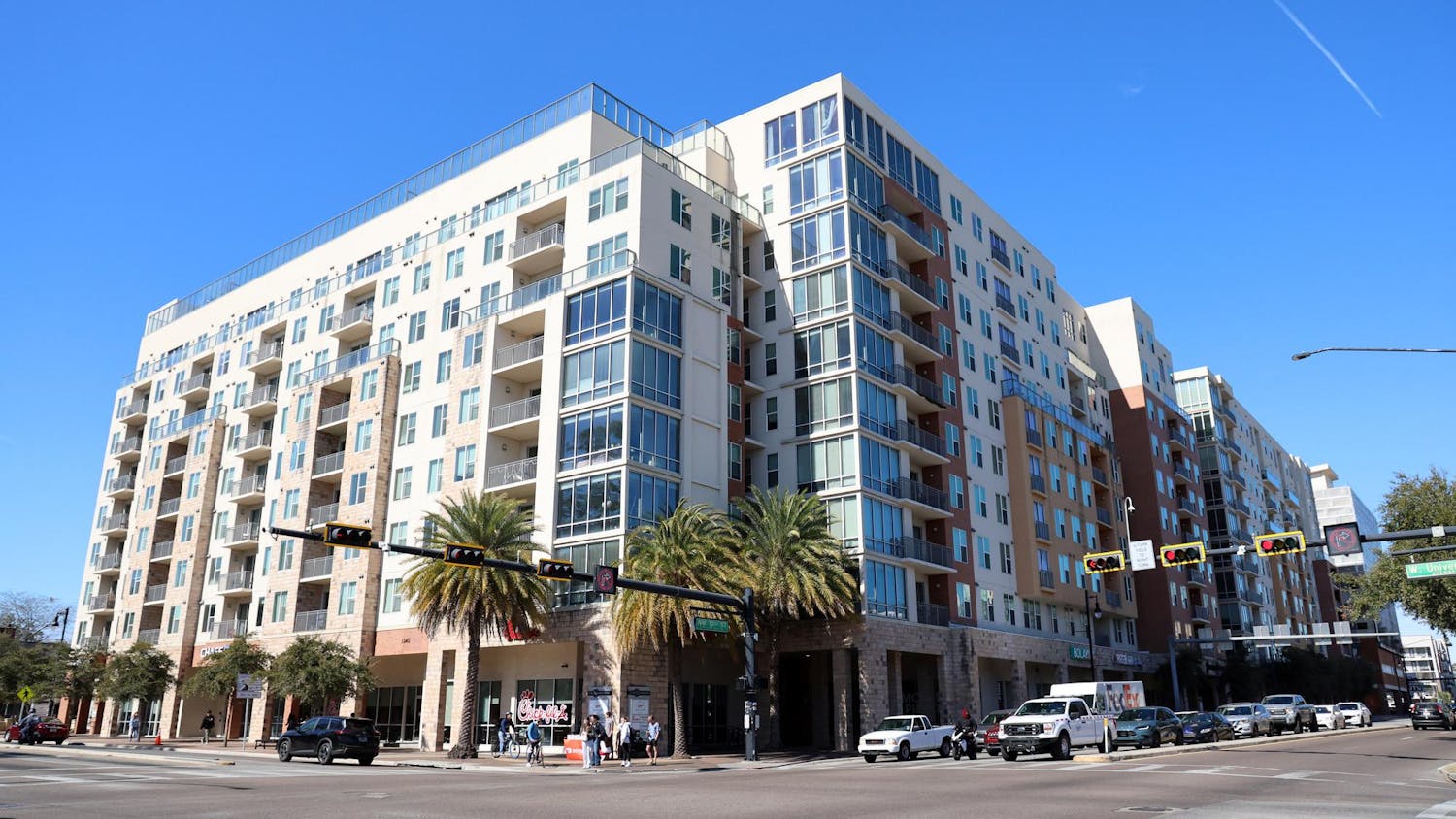Imagine you were born the son or daughter of undocumented workers.
It starts in school. You hear it from your friends, from the news and in textbooks — illegal immigration is ruining this great country. Illegals take jobs away from hardworking Americans who need the work. After all, they must be doing something wrong: If they really want to be here, they should just go the legal way and get their green card.
Then you go home to your parents, who work grueling hours for less than the already unliveable minimum wage. It doesn’t make sense. But you keep working hard so you can get a good job and make the most of the opportunity given to you by your parents who risked it all so you would have a better life.
But, as a youth sin papeles — without papers — the American Dream can quickly become a nightmare. Even with hard work in high school, dozens of extracurriculars and exceptional grades, college can be unattainable.
Citizens living in Florida and attending UF get a pretty good deal. The flagship university is one of the most affordable colleges, costing in-state students an estimated $6,270, according to the Student Financial Affairs website.
In fine print at the bottom of the page reads that out-of-state students should add $22,278 to their tuition, almost quadrupling their tuition costs. In fact, that extra cost more than doubles their total cost of attendance.
Undocumented students, then, face a unique struggle. They can live in Florida nearly all their lives, just like most students at UF, but still be charged out-of-state tuition. But their predicament cannot be compared to even other out-of-state students. The financial burden weighs heavy when their parents face the challenge of getting jobs offering a liveable wage.
That’s why UF needs to offer undocumented students in-state tuition.
If UF is committed to a diverse university, they will implement tuition equality.
Last year, a memorandum called Deferred Action for Childhood Arrivals, or DACA, was passed. DACA provides protection for undocumented people under the age of 31 who arrived in the U.S. before 16. Another requirement: pursuit or receipt of a high school diploma or GED. Individuals must also have a clean criminal record.
While that is only a minor protection, it’s a step in the right direction and represents an ideal — legalization for all. With these sorts of programs beginning, UF should lead the way in making opportunity equally accessible for all students.
Florida International University has already proven this tuition structure works. Because undocumented students don’t have access to federal aid like Pell Grants or other aid like Florida Bright Futures, DACA students are given partial tuition waivers that make college affordable.
The same should happen at UF, setting an example as the state’s flagship university and one of the most respected universities nationwide. This precedent could ripple across the state and country and help make college attainable.
The only thing that needs to happen is for UF’s Board of Trustees to vote on the measure. If they approve, tuition equity will be a reality for students here. It’s that simple. It’s up to the students to make sure administration knows this is important.
Undocumented students don’t have to face this undue economic burden to achieve their education. It’s just another disadvantage imposed on them that can easily be removed if you speak up.
After all, they’re students, just like you.
Justin Jones is a UF journalism senior. His column runs on Thursdays. A version of this column ran on page 6 on 10/24/2013 under the headline "Kids of immigrants deserve affordable ed"





